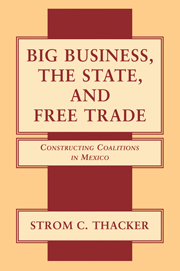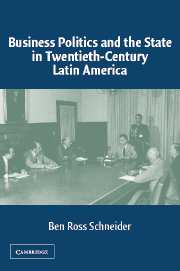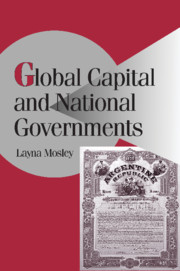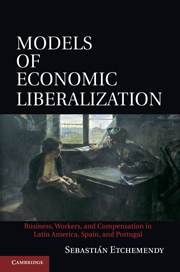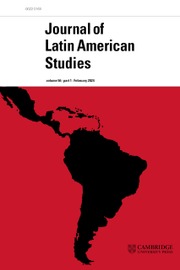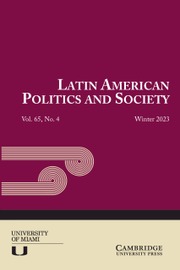Big Business, the State, and Free Trade
Existing theories of economic liberalization fail to account for Mexico's experiences. Why has the Mexican government risked alienating its primary constituencies by pursuing trade opening and joining NAFTA? Big Business, the State, and Free Trade argues that Mexico's trade reforms are the product of the formation of political coalitions between business and the state in different international contexts. It covers the NAFTA negotiations in detail, with a special case study on the automotive industry. As Mexico democratizes, business-government coalitions will become increasingly important.
- A book-length, single-author treatment of Mexican trade liberalization from the 1980s through NAFTA
- Adopts an analytical approach that links international financial integration with the politics of trade opening
- Develops a general explanation of trade policy coalition politics and applies it to Mexico, the most important case of liberalization for the USA
Reviews & endorsements
"...a powerfully argued, conceptually sophisticated, and empirically convincing study..." Latin American Research Reviews
Product details
November 2006Paperback
9780521032131
256 pages
228 × 151 × 15 mm
0.392kg
20 b/w illus. 21 tables
Available
Table of Contents
- List of figures
- List of tables
- List of abbreviations
- Acknowledgments
- 1. Introduction: international context, domestic interests and Mexican trade reform
- 2. Coalition politics and free trade
- 3. Structural power relations between business and the Mexican state
- 4. Trade policy coalitions in the 1980s
- 5. Assembling teams and building bridges
- 6. Business participation in the NAFTA negotiations
- 7. Conclusion: Mexico in comparative perspective
- Appendix
- References
- Index.

